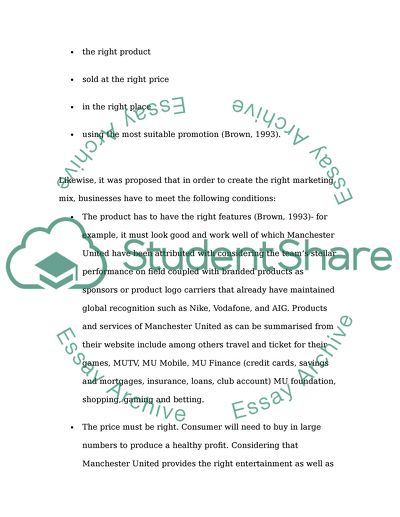Cite this document
(Manchester United Background, Pricing Strategy Research Paper, n.d.)
Manchester United Background, Pricing Strategy Research Paper. Retrieved from https://studentshare.org/marketing/1507963-sports-marketing
Manchester United Background, Pricing Strategy Research Paper. Retrieved from https://studentshare.org/marketing/1507963-sports-marketing
(Manchester United Background, Pricing Strategy Research Paper)
Manchester United Background, Pricing Strategy Research Paper. https://studentshare.org/marketing/1507963-sports-marketing.
Manchester United Background, Pricing Strategy Research Paper. https://studentshare.org/marketing/1507963-sports-marketing.
“Manchester United Background, Pricing Strategy Research Paper”, n.d. https://studentshare.org/marketing/1507963-sports-marketing.


